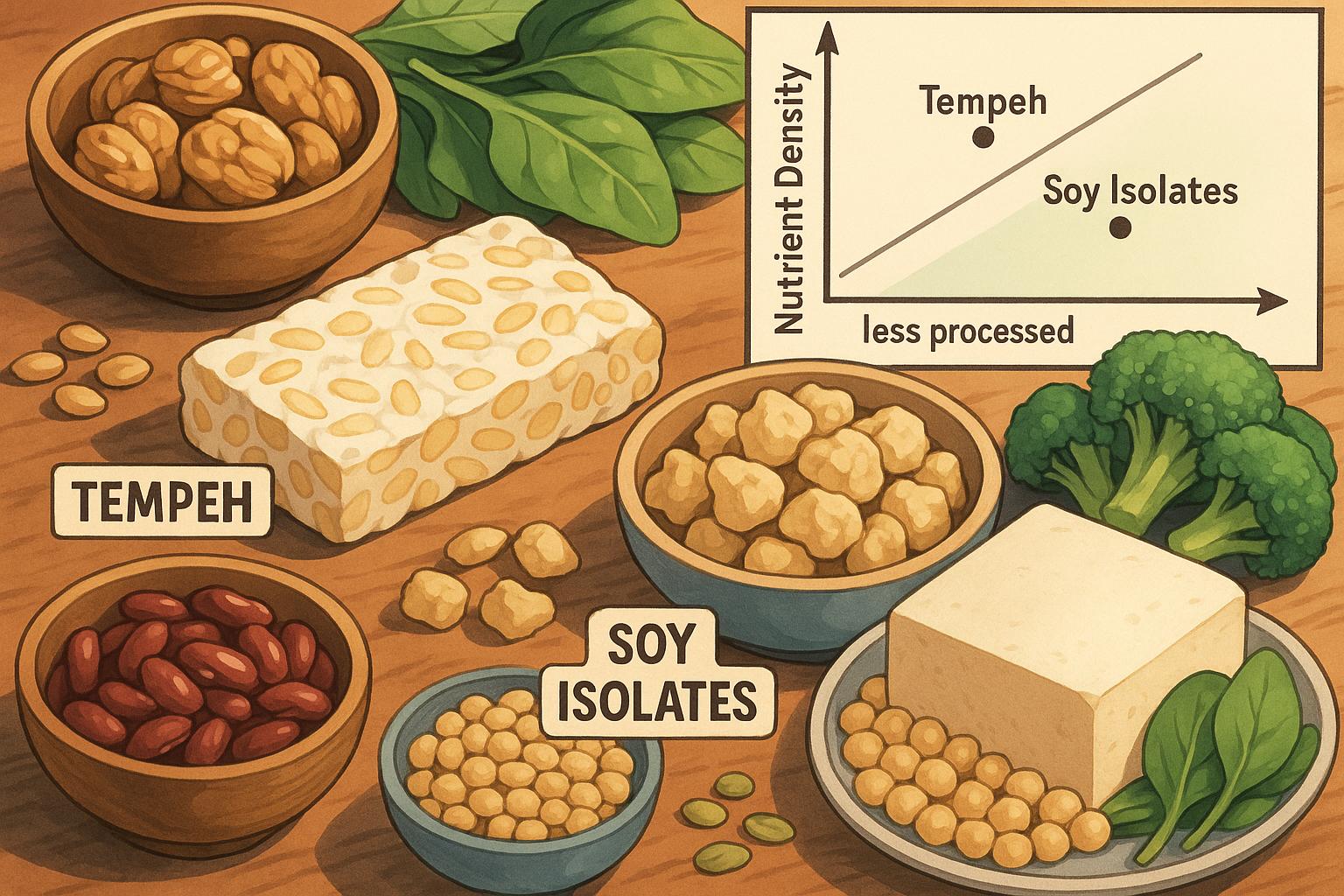A recent study from Finland's University of Turku raises critical questions about the efficacy of current processed food labelling and classification schemes, particularly those pertaining to plant-based proteins. Published in Nature Food, the research indicates that existing systems, notably the NOVA classification, fail to accurately capture the variable nutrient density and potential health benefits associated with diverse processing methods.
The NOVA system categorises foods into four groups based on processing levels: unprocessed or minimally processed foods, processed culinary ingredients, processed foods, and ultra-processed foods. While this classification has gained traction in nutrition and public health research, the authors of the study argue that it does not account for the meaningful biochemical alterations that occur through different processing methods. Essentially, the system oversimplifies complex nutritional realities by lumping together products with vastly different health profiles.
For instance, the researchers highlighted significant differences within soy-based foods. Tempeh, a fermented soy product, boasts a rich supply of beneficial phytochemicals, including isoflavonoids known for their health-promoting properties. In contrast, soy-based products derived from isolates or concentrates exhibit markedly lower levels of these compounds. The study authors assert that such distinctions are crucial, as phytochemicals serve as indicators of how closely a food retains the integrity of its original ingredients throughout processing. Previous epidemiological studies have consistently linked diets rich in such phytochemical-dense foods to positive health outcomes.
Ville Koistinen, a co-author of the study, emphasised that processing methods should not automatically be deemed harmful. He noted that common cooking techniques, such as baking or freezing, are also forms of processing, and that the nutritional components and their bioavailability ultimately determine a product's health impact. “It cannot be assumed that all processing makes a product unhealthy,” Koistinen remarked in an interview with Phys.org.
Though critics frequently caution against the tendency to generalise about "processed" foods, some recent studies suggest that substituting animal products with plant-based alternatives can lead to improved health outcomes. Diets high in whole, plant-based foods have been linked to various health advantages, including lower risks of chronic diseases.
Moreover, meat alternatives, which are predominant in contemporary discussions on plant-based diets, often fall under the NOVA classification as ultra-processed. Even though such classifications typically imply poorer health qualities, the nutritional landscape of these alternatives is complex and requires further scrutiny. Not all ultra-processed foods lack nutritional value, and many can offer unique health benefits.
In conclusion, the research from the University of Turku calls for an evolution in the way categorisation and labelling of processed foods, particularly plant-based proteins, are approached. By evolving existing systems to recognise nutrient density and the specific processing methods employed, better guidance can be provided for consumers aiming to make informed dietary choices.
Reference Map
- Paragraph 1: Articles 1, 6
- Paragraph 2: Articles 2, 3, 6
- Paragraph 3: Articles 1, 6, 7
- Paragraph 4: Articles 1, 6
- Paragraph 5: Articles 1, 4, 5
- Paragraph 6: Articles 1, 6, 4
- Paragraph 7: Articles 1, 6, 7
Source: Noah Wire Services
